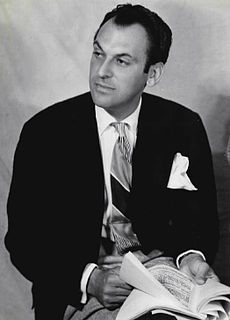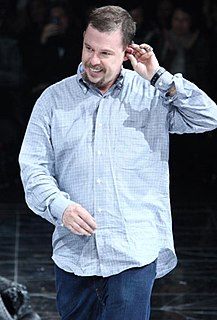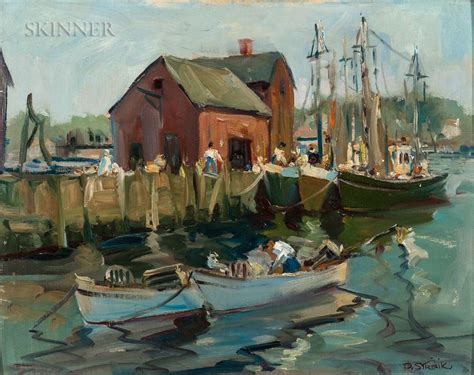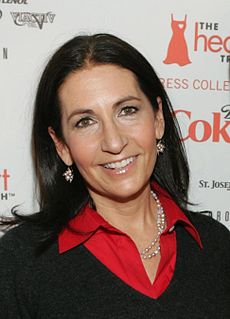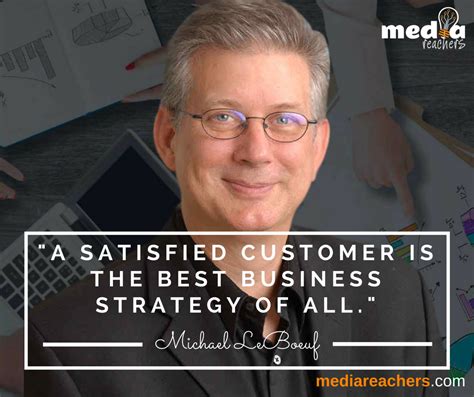A Quote by Moss Hart
I have had the irreplaceable opportunity of learning my profession with the proper tools, the most important of which is not a pencil or a typewriter, but the necessary time to think before using them.
Related Quotes
The photographer's most important and likewise most difficult task is not learning to manage his camera, or to develop, or to print. It is learning to see photographically — that is, learning to see his subject matter in terms of the capacities of his tools and processes, so that he can instantaneously translate the elements and values in a scene before him into the photograph he wants to make.
I grew up with a pencil. A pencil was my computer at the time and so drawing, drawing, drawing and the tools of drawing where the usual ones and eventually then you graduated from the tools when the work increases and you start to draw by freehand as precise as possible and as accurate as possible, and I was pretty good at that.
There was a time when most people had a choice between two kinds of personal communication, handwriting or using a typewriter. Today, people are invited to choose from a list of (surprisingly exotic) typefaces every time they turn on their computer. I think this has made everyone more aware of the idea that picking a typeface is a conscious choice.
When you are writing a spoken word poem, the tools you're working with are your voice, your body, how it's going to sound to someone when you're saying it out loud. Which is different from when you're writing it on the page. That toolbox becomes how does this look visually on the page, how does this read among pages, how is this in relation to poems that are before it or after it. I don't think one is better or more successful than the other. You've just gotta think about "what are the tools I'm using, and how are they most effective in this form?"
I think the most important work that is going on has to do with the search for very general and abstract features of what is sometimes called universal grammar: general properties of language that reflect a kind of biological necessity rather than logical necessity; that is, properties of language that are not logically necessary for such a system but which are essential invariant properties of human language and are known without learning. We know these properties but we don't learn them. We simply use our knowledge of these properties as the basis for learning.
Everything requires time. It is the only truly universal condition. All work takes place in time and uses up time. Yet most people take for granted this unique, irreplaceable, and necessary resource. Nothing else, perhaps, distinguishes effective executives as much as their tender loving care of time.
To bring the tools of science and to recognize that the flaw in the Cartesian Duality and to bring the tools of science to look at this question of mind and consciousness and to explore it using the tools of science â€" instead of saying, as has been the tradition for 400 years, that consciousness is not a proper subject for science to look at.
I think talent decides everything. More than the method, what's important is the talent using it. There's nothing inherently wrong or right about a method, whether it be pencil drawings or 3-D CG. Pencil drawings don't have to go away, but those who continue to use the medium lack talent. So sadly, it will fade away.
